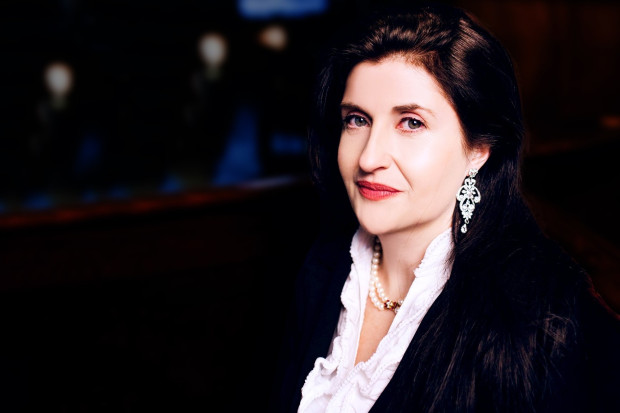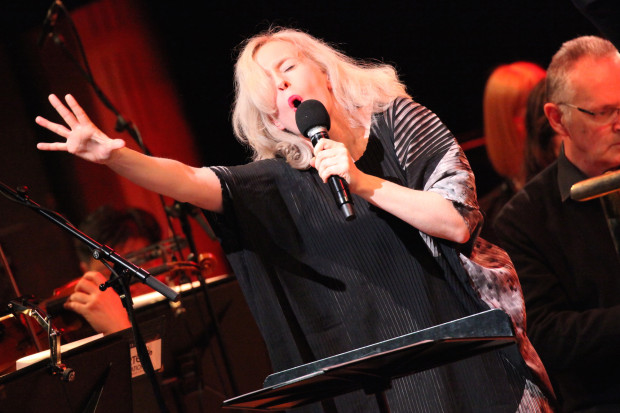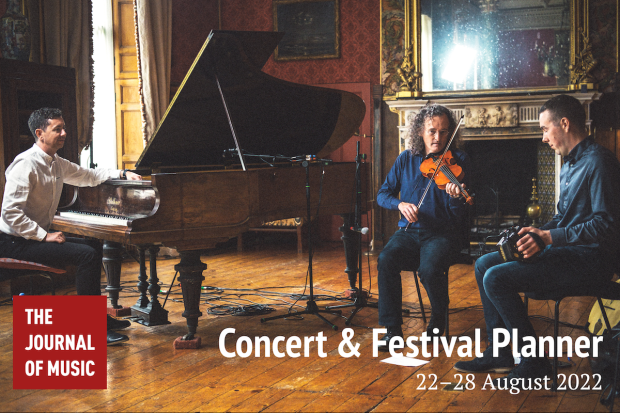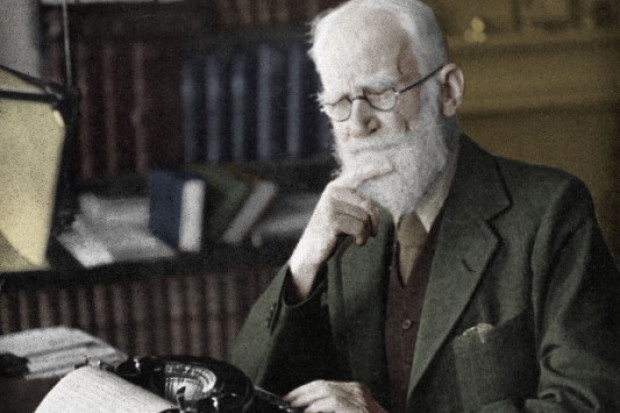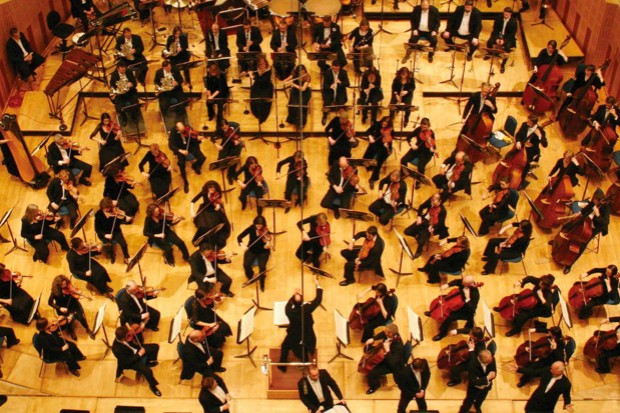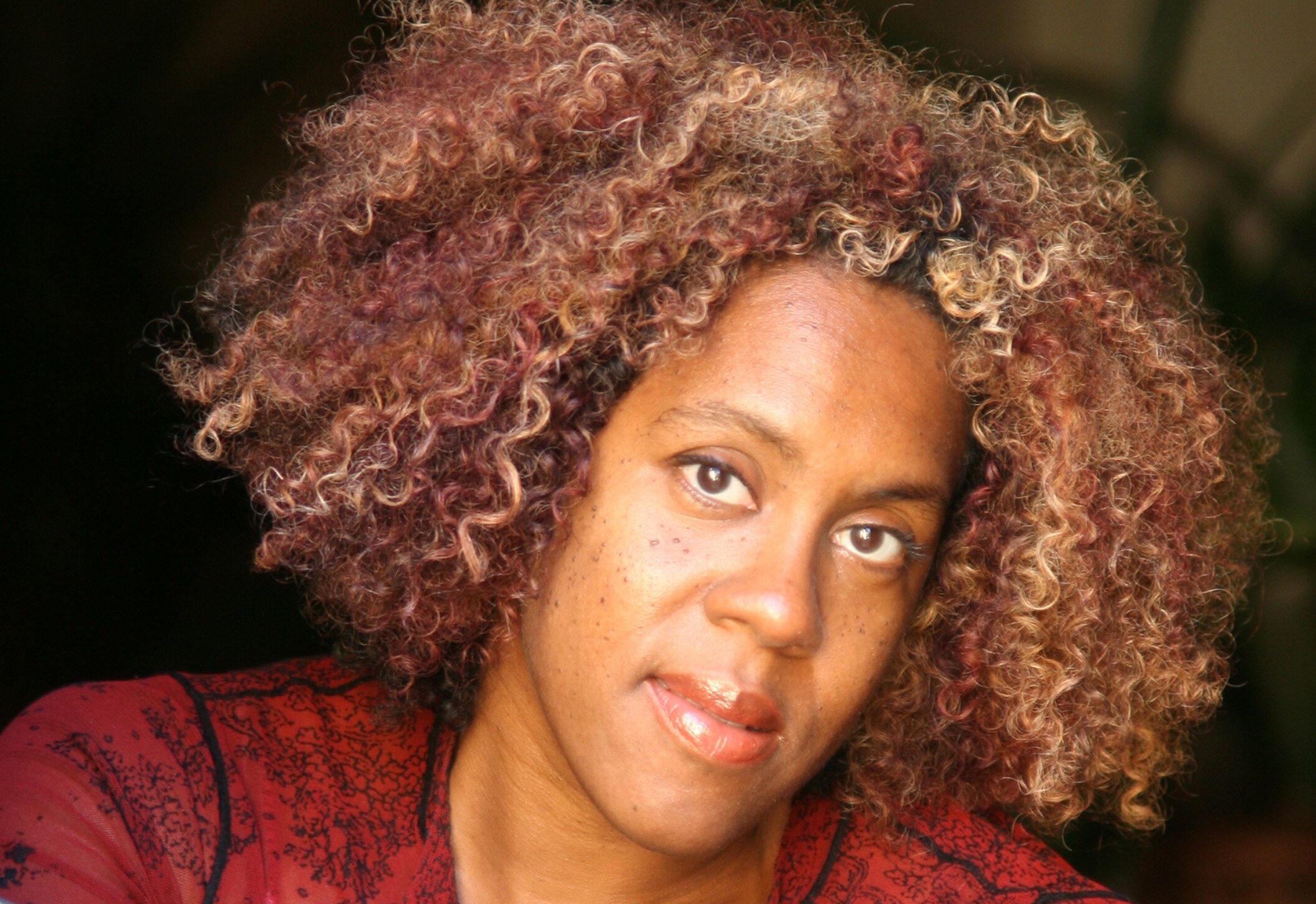
Errollyn Wallen (Photo: Azzurra Primavera)
A Life of Searching
Almost every composer – every artist – I know has a notebook. Sometimes it’s a loose collection of pages, bits of copybook and scraps of sheet music. Sometimes it’s a pristine hardback in a bright colour, begun fresh with each new project. Sometimes it’s a folder on a notes app. But in it is collected their ideas, sketches, to-do lists, meeting notes and jotted fragments – and more often than not, the personal reflections, memories and connections that feed an artistic practice.
Errollyn Wallen’s Becoming a Composer is like reading someone’s notebook, picking out stacks of pages almost at random, building up scenes and impressions to form a picture of a whole life lived in utter, open-hearted dedication to music. She reveals herself through recollections of her childhood, poetic extracts, diary entries, observations of both her inner and outer world, programme notes, anecdotes from her wildly varied career, and analysis of the things that have inspired her.
Wallen is a British composer whose career has traced a fascinating arc that encompasses training as a dancer, appearances on Top of the Pops miming with Eternal, and multimedia operas. She was the first Black female composer to be performed at the BBC Proms in 1998 and won an Ivor Novello Award for Classical Music in 2013. She is a thoughtful as well as prolific composer of compelling music that draws together a huge skein of influences.
Her music tends towards the large and sweeping, a place of rich sounds and big gestures that pays as much homage to romantic music as it does to contemporary, and using substantial forces is where she seems most at home. In her orchestral works, such as Mighty River or Photography, we can hear her interest in conjuring a specific place, an image or a time; her aim is communication, on passing on a message above creating a musical splash. Vocal music too seems a constant, with Errollyn, an album of her own piano and voice works, released in 2004, and with choral works, voice and orchestral works, and over 20 operas in her oeuvre.
From ‘In Earth’ to ‘Jerusalem’
In Earth is, for me, while not necessarily typical of her work, something of an encapsulation of her approach. It is an adaptation of Purcell’s ‘Dido’s Lament’ with quartet and distorted electric bass guitar, and Wallen herself singing. A simple and quiet work, the composer takes time to create an underworld of half-heard sounds, a stoney, earthy descent into nothing, out of which a rendition of the song emerges. It is new but familiar, moving in its careful choices, and brings together multiple genres with Baroque, jazz, contemporary and pop all sitting comfortably together.
However, one of her best-known recent works is an rearrangement of the hymn ‘Jerusalem’ – retitled Jerusalem: our clouded hills and turned into a more critical examination of patriotism, inspired by the Windrush generation. Wallen’s version is a more complex reflection of the words of the original Blake poem, eschewing bombast for motion, with bright orchestration occasionally marred by searching flourishes before settling into something more recognisable as a Proms staple. The work gained her more notoriety than fame, thanks to a backlash from some quarters for her having dared to rework the British classic.
In Becoming a Composer, Wallen floats us in and out of her life, from her early childhood – born in Belize in Central America though leaving there for London at the age of two – to the present. She does not feel the need to bring us through every moment of her life, but pulls together threads of observations, trusting the reader to make of it a whole. It is not truly autobiography, nor is it really about being a composer – a composer is not something Wallen set out to become, but something that she insists throughout that she simply is, and always has been. She writes: ‘I have chosen a life of searching: searching for questions, answers and an artistic habitat where I can be myself and create freely.’ This ‘searching’ is at the heart of Becoming a Composer, as Wallen digs into her past, topics such as race and colonialism, and of course music itself. A recurring thread is the relationship between memories and sound, evoked through her evocative prose. In a description of her aunt Kene, she mentions the sound of her breathing and her resonant voice twice in a short paragraph. Place and soundscape is a preoccupation, whether it is recalling her childhood bedroom or even discussing the place where she sits and writes, at one point describing it sonically for the reader – the three distinct hums, the sound of waves, even the wax crackling in her ears. Writing of her time in New York, she recounts the motion and sounds – ‘hard surfaces reflect the noise and harpy shrieks battle with grid-iron hiccups … this is music.’
Not only are we transported to the places she writes of, but we hear them as from in her ears, and we understand her relationship to the world around her. We understand what compels her to create, as well as what she takes into herself in order to do so. ‘There is nothing we see or hear that doesn’t get stored somewhere in us,’ she offers. ‘This is what makes composing such a rich experience for me: uncovering forgotten memories and atmospheres and creating new ones.’
Music’s role in the world
When she discusses music it is often as a philosopher or social scientist might, with observations on its role in the world, as it is a description of her own music. These moments give us more of an understanding of her relationship to it than the occasional passages on specific works. She adds: ‘Music, in the end, is not for anything. It just is. It was a fact of the physical, material world before we ever got here. Where there is movement there is sound. Music in motion, the movement of air and energy. We live in it and, as with air and energy, we are surrounded by it.’
Anyone hoping for a deeper dive into the technicalities of her music may be disappointed – Wallen is not interested in digging too deeply into this area of her work. She succeeds in walking the line between making her writing about her compositions equally interesting to those with musical knowledge and without, to the sacrifice of an occasional musical deep dive. That is not to say her discussion of her craft is compromised; it still gives insights into her process – instead of technical details, however, she prefers to focus on what it means, the message she is trying to convey with her music, and her own relationship to it.
Similarly, you are unlikely to glean any particular tips on how to forge a career as a composer – if anything, the wide meanders that Wallen’s career took, from Top of the Pops to writing three operas in a year, only emphasise just how impossible it is to have a one-size fits all career plan in music. In only one instance does Wallen impart some brief ‘hard-won’ rules for a career in composition (which I won’t spoil here). These ‘rules’ are closer to values she herself holds.
Becoming a Composer is not the story of how a successful composer built their career. Rather it is about the way in which one’s artistic practice and existence in the world are intertwined. It is about composition exactly as much as it is about being human, and about becoming a composer exactly as much as it is about her becoming Errollyn Wallen, and as such it is at once comforting, inspiring and thought-provoking.
Becoming a Composer by Errollyn Wallen is published by Faber. Visit www.faber.co.uk.
On 8 June, the Dublin International Chamber Music Festival will present a lunchtime concert dedicated to the music of Wallen. For full details and booking, visit https://dicmf.com.
Subscribe to our newsletter.
Published on 18 April 2024
Anna Murray is a composer and writer. Her website is www.annamurraymusic.com.










